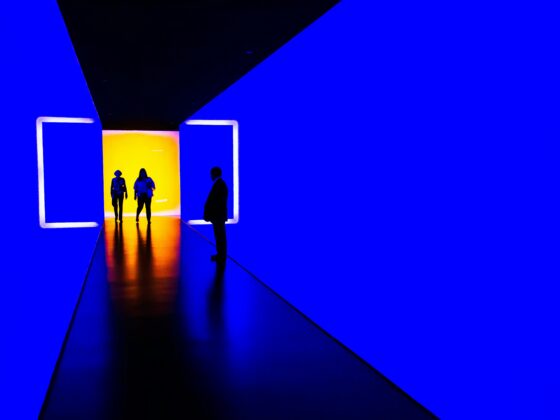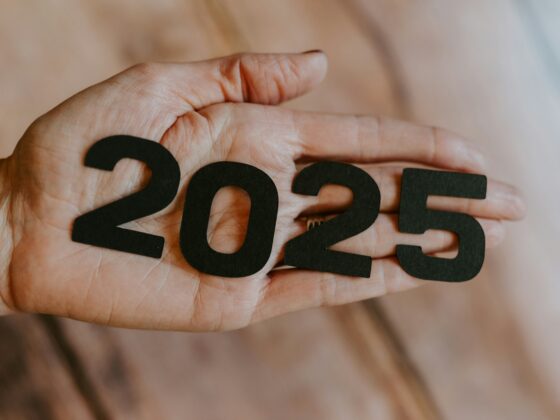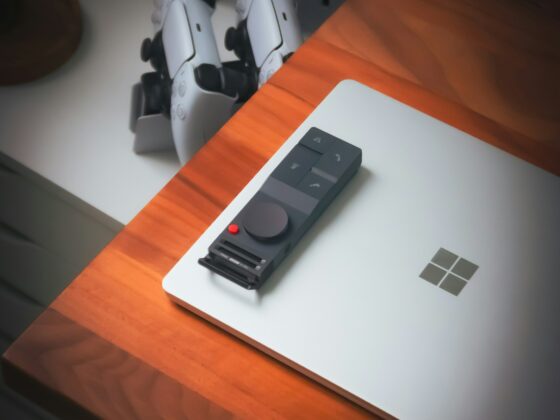
Digital transformation in the hotel business is no longer optional – it’s a necessity. Hotels today face staff shortages, rising operational costs, and increasing guest expectations. Against this backdrop, artificial intelligence (AI) has evolved from a buzzword into a powerful tool for boosting profitability.
With over 12 years of experience automating and developing IT products for the hospitality industry, I’ve seen firsthand how well-designed digital processes and targeted use of AI can increase occupancy rates, raise average checks, and lighten the load on hotel teams.
Today, AI is not about futuristic concepts – it’s about increasing hotel revenue without increasing costs.
In this article I will explore how AI can drive profits right now – without million-dollar budgets or massive development teams. All examples are real and practical: from automating routine tasks to creating personalized upselling offers.
Routine Tasks Automation
When it comes to increasing profits, most hoteliers first think about sales. But often, the simplest first step is reducing costs through automation of repetitive operations.
AI can handle dozens of daily tasks that staff spend hours – sometimes days – on:
- Answering frequently asked guest questions (“When is check-in?”, “Is there parking?”) via smart chatbots.
- Creating commercial offers, email campaigns, room and service descriptions—in just minutes.
- Filling out forms, requests, and reports – one prompt, and you get a ready-to-use document.
- Editing internal documents, job descriptions, and KPIs – saving up to 70% of managerial time.
Automation is the foundation. When your team is free from “manual labor,” they can focus on creativity, personalized service, and revenue generation.
Upsell 2.0: How AI Helps Sell More
While automation helps save money, personalized upselling drives revenue growth. And here, AI opens a whole new chapter in guest experience and hotel profitability.
Basic offers like late check-out or room upgrades work – but they plateau quickly. AI can create tailor-made suggestions based on the guest’s trip purpose, type, check-in date, and even the weather.
Examples:
-
“A Perfect Day” for tourists: Morning walking route, local lunchbox, city map and tickets.
➝ +100–150$ to average check -
“Comfort After a Long Day” spa kit: music, candles, bath bombs, oils delivered to the room.
➝ Emotion + convenience = easy sale -
Digital City Guide Subscription: AI chatbot suggests local spots, events, and hidden gems.
➝ Monetized as a daily or full-stay subscription
AI doesn’t just generate ideas – it also packages them instantly for your website, booking flow, or social media. Even A/B testing can be automated.
In my experience, AI-powered upsell tools have increased hotel revenue from additional services by 20–35% depending on season and guest category.
AI helps you sell gently, not pushy. Its power lies in timing and relevance – offering the right product to the right guest at the right time.
Visual Content with AI: Great Photos Without a Photographer
Visuals are currency in hospitality. Guests “buy with their eyes” – photos often determine whether a hotel gets booked. But professional content is expensive and time-consuming. What can smaller properties do?
Generative AI is the answer.
With tools like DALL·E or MidJourney, hotels can:
- Generate realistic images of dishes, rooms, interiors, and services without photoshoots
- Visualize new packages and seasonal offers
- Test marketing ideas with zero cost
Example: One hotel generated photos of new dishes (e.g. “lightly salted salmon salad with eggplant puree”) using AI. The images were so realistic, they were used on the website and Instagram – leading to a 17% increase in the “Restaurant” page conversion rate.
Benefits:
- Speed: 1–2 minutes per image
- Flexibility: tailor images to target segments (romantic, business, eco-tourism)
- Savings: no need for stylists, chefs, photographers, or editors
AI doesn’t replace reality – it enhances it. This is crucial for small hotels where every guest interaction is a sales opportunity.
Analytics & Recommendations: AI as a Strategic Advisor
AI in hotels isn’t just about automation or pretty images. Its real power lies in becoming a source of insight – not just a tool.
Today, AI can analyze not only current guest behavior, but also predict which offers or services are likely to perform best. Capabilities once limited to hotel chains with enterprise BI tools are now available to all.
Example: Automated Upsell Audit
An AI platform can review all bookings and guest actions to suggest:
- Which services underperformed this month
- How to bundle them into attractive packages
- Which guest segment is ignoring upsells—and how to fix it
This allows hotels to test hypotheses with minimal risk and high precision.
Transitioning from “manual” forecasting to AI-driven insights helps to:
- Increase upsell conversion rates
- Optimize pricing (e.g. early check-in, late check-out)
- Launch dynamic offers via chatbot tailored to the booking type
AI becomes more than a tool—it’s part of the decision-making process. A strategist fueled by data, not guesswork.
Bonus: Finding Hidden Patterns
For example, AI might reveal that guests booking via the mobile app are more likely to buy a transfer—if it’s offered before checkout. These insights are true growth drivers.
How to Start: 5 Steps to AI-Driven Profitability
You don’t need a million-dollar budget to get started with AI. Here are 5 practical steps any hotel can follow:
- Identify the Most Time-Consuming Tasks: Start with what’s eating staff time: guest FAQs, manual reports, content creation.
- Launch a Chatbot for Website & Socials: Today’s bots can answer questions, offer services, drive bookings, and upsell.
-
Create a “Virtual Marketing Department”: Use AI prompts to generate room descriptions, emails, social posts, package names.
ChatGPT can deliver dozens of variants in 5 minutes. - Use AI for Visual Content: Generate food shots, interiors, promotions using tools like MidJourney or DALL·E.
- Connect Analytics & Test Hypotheses: Use AI tools to analyze booking and upsell data, generate specific recommendations, and test growth ideas using HADI or AIDA frameworks.
Pro Tip: Start with one department—marketing, front desk, or kitchen. See results, then scale. AI isn’t about doing everything at once—it’s about smart, step-by-step growth.
Iana Petrova
Business development leader and hospitality technology expert







